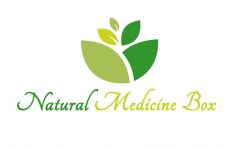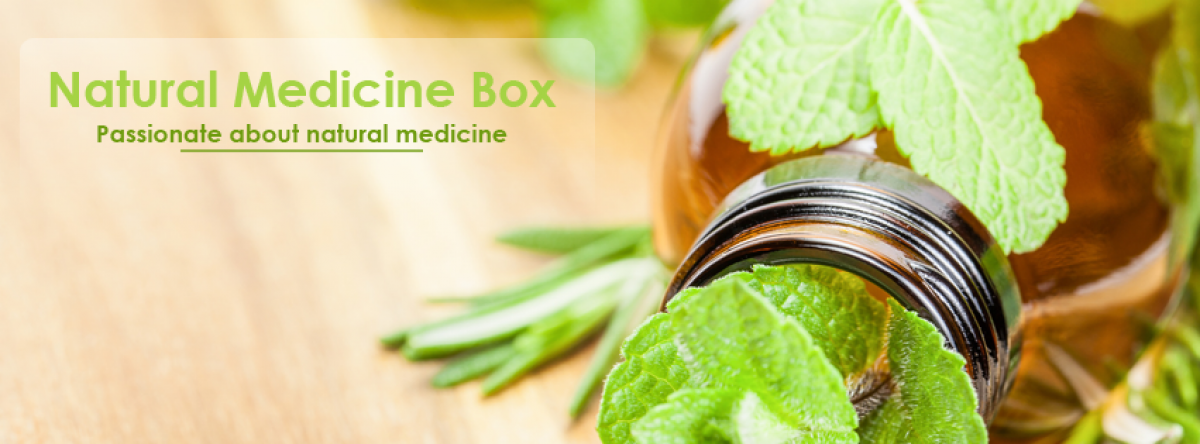Oh those beautiful hibiscus trees! They remind people of Hawaii and other tropical places. The flowers have long been appreciated throughout the world for their beautifully light, floral colors and scent. Many cultures have made hibiscus tea a regular part of their diet.
Recently, science has shown that hibiscus tea isn’t just a nicely flavored tea: it also has a couple of health benefits that shouldn’t be missed!
Hibiscus plants, although originally found in Angola, are found all over the world and enjoyed throughout Europe, Asia, the Middle East, North Africa, and India. Although there are some cultures that eat the plant itself, such as in Indian cuisine, most cultures serve it as tea, made from the colored calyces of the flower itself. This can be served hot or cold but it is enjoyed by persons around the world for both its taste and its health.Benefits of Hibiscus Tea for High Blood Pressure
Hypertension increases the risk of stroke, heart disease, and cardiovascular disease. In our modern world with its high speed, high stress lifestyle, heart disease is the number one killer in America.
Dietary changes can help lower blood pressure, and if you have hypertension adding hibiscus tea to yours might be the answer you have been looking for.
Hibiscus is high in the compounds quercetin and anthocyanin – antioxidants that have a powerful effect on the heart. Quercetin and anthocyanin open the arteries and slow down the release of hormones that tell the arteries to constrict. This is what makes hibiscus tea perfect for those suffering from hypertension. One study showed that subjects who took 250mg of hibiscus extract each day lowered their blood pressure back to what is considered to be normal levels. Another study confirmed the findings, showing that when 65 patients, between the ages of 30 and 70, who had mild to moderate high blood pressure were given hibiscus extract, the group that received the hibiscus showed a significant reduction in their systolic blood pressure when compared to the placebo group. This study was published in the Journal of Nutrition in 2007.
The journal Phytomedicine also published a study involving hibiscus tea that was performed in 2004, where 70 people with hypertension were given either 16 ounces of hibiscus tea before breakfast, or 25mg of captopril (a prescription anti-hypertension medication) twice per day. After 30 days, those who received the tea showed that their diastolic blood pressure had dropped at least 10 points, the same amount as the group who received the prescription captopril.
Studies show that drinking just two or three cups of hibiscus flower tea (hibiscus sabdariffa or hibiscus rosa-sinensis) can work as effectively as some prescription hypertension medication, with none of the side effects.
Try this recipe courtesy of Prevention.com.
Hibiscus Tea Recipe
This makes a great, refreshing tea.
The ingredients:
4 c water
3 Tbsp dried or 4-5 Tbsp fresh hibiscus flowers
1 cinnamon stick
1 Tbsp raw sugar
Juice of 1 orange
Boil water and pour over hibiscus and cinnamon stick. Steep for 20 minutes. Strain out hibiscus and cinnamon stick. Add sugar and orange. Serve hot or iced.
Discover how hibiscus can help with inflammation here
Source
NaturalOn
Prevetion
Skip to content



Ed Robs, I thought of Dave with this one.
Where can this be found
Where can you fine this tea
I have a hibiscus plant. Can I make it from that?
Any truth to this?
Donna Marie Mineo Paradowski I drink it all the time!
I wonder if i’d like it
It tasted like light fruit punch to me, lol
I’ll get some
Amy Valdez 🙂
Thank YOU John Johnson. I will try it out
I make rocket fueled teas everyday! These ain’t those 1 bag weak teas most drink but, hot drinks filled with the most beneficial foods, herbs, and other naturally occurring substances, known to man!
You have been greatly deceived with, false information!
Thanks kid
I make hibiscus tea all the time. Love it with chopped apples, a few raspberries, a squeeze of lemon, a few blackberry leaves, and a pinch of ginger then sweetened with honey.